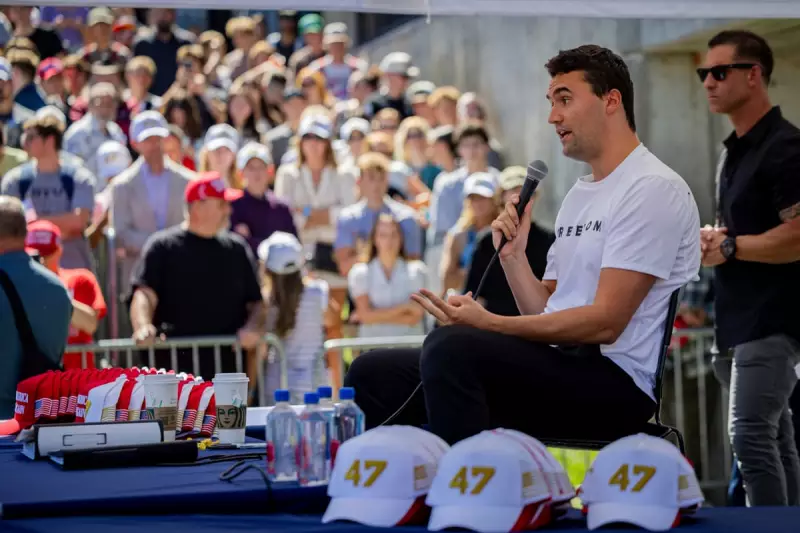
Australia's eSafety Commissioner has launched a major offensive against the world's largest social media platforms, demanding they take immediate and decisive action to shield young users from horrific footage of a mass shooting circulating online.
In a formal legal directive issued on Friday, the watchdog gave tech giants including X (formerly Twitter), Meta, TikTok, Snapchat, and Google 24 hours to outline the specific measures they are implementing to prevent children from being exposed to the graphic video from the Kirk shooting.
Platforms Put on Formal Notice
The commissioner's notice isn't a mere request; it's a legally enforceable demand under Australia's Online Safety Act. The platforms are now compelled to provide detailed reports on the concrete steps they are taking. This includes specifics on content detection technology, human moderation efforts, and the effectiveness of their age-assurance mechanisms.
The move comes after the watchdog's own investigations confirmed that the disturbing footage, which shows the violent attack, was readily discoverable by children across multiple major platforms.
A Global Challenge with Local Consequences
This incident highlights the immense difficulty in containing the rapid spread of harmful content in a global digital ecosystem. The video originated from a tragic event overseas but quickly proliferated across Australian users' feeds.
eSafety Commissioner Julie Inman Grant emphasised the urgency of the situation, stating the footage is "extremely graphic and likely to cause significant harm to children and young people who are exposed to it." She warned that viewing such material could have severe psychological impacts.
What Happens Next?
The social media firms have a strict deadline to comply with the directive. Failure to respond adequately could result in severe financial penalties. Under Australian law, companies that breach online safety rules can face fines of up to $782,500 per day for ongoing failures.
This action represents one of the most significant uses of the commissioner's powers to date, signalling a tougher regulatory stance against tech companies' handling of harmful content accessible to minors.





